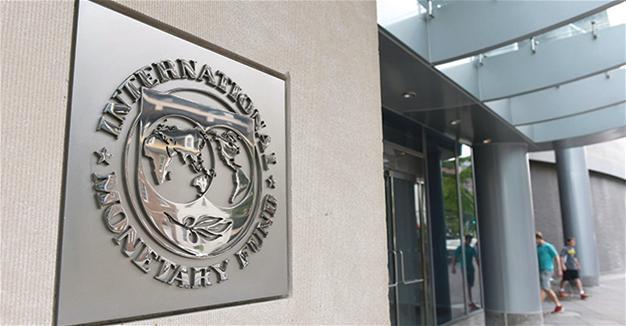IMF hails Turkey’s progress in fiscal transparency
ANKARA/WASHINGTON

The International Monetary Fund (IMF) has praised Turkey’s progress in fiscal transparency practices in a new report.
In its fiscal transparency evaluation report for Turkey, which was released on July 18, the IMF said Turkey made considerable strides in enhancing its practices over the past decade and a half.
Since first volunteering for a fiscal transparency evaluation in 2000, Turkey has substantially improved the comprehensiveness, timeliness and reliability of publicly available fiscal information, according to the IMF.
Fiscal reports have become more comprehensive, detailed and reliable, it said.
“In 2000, fiscal reports covered only budgetary central government, included only cash revenues and expenditures, recognized only stocks of cash and debt, lacked a unified accounting system and were compiled and disseminated by a range of public institutions. Today, fiscal data covers general government accrued revenues and expenditures, includes a full balance sheet, follows a GFSM/ESA-based economic and functional classification and is collated by a single body [the Ministry of Finance] via an integrated accounting system,” it added.
Fiscal forecasts and budgets have also become more unified, performance-oriented and forward-looking, read the report.
“In 2000, the budget covered around three-quarters of central government primary expenditure and excluded 13 extra-budgetary funds [EBFs] accounting for 3 percent of GDP, included limited information on macroeconomic developments, focused solely on the budget year and provided no clear statement of the government’s fiscal or sectorial objectives. Today, the budget is formulated within a comprehensive legal framework, covers almost 90 percent of central government primary expenditure with EBFs reduced in number to 5 and size to 1.4 percent of GDP in 2013, provides detailed three-year economic and fiscal projections and includes medium-term financial and nonfinancial targets for each ministry and the government as a whole,” it added.
Fiscal risk management has improved dramatically, it also added.
“As a result of the above reforms, Turkey has made significant progress against the 36 principles of the IMF’s new Fiscal Transparency Code,” the IMF said.
Based on the evaluation set out in the report, of the 36 principles in the code, Turkey now meets 10 principles at the basic level, 13 principles at the good level and six principles at the advanced level.
Fiscal transparency practices are strongest in the area of fiscal reporting while the most progress has been made in the area of fiscal risk disclosure over the past 15 years, the report read.
 The International Monetary Fund (IMF) has praised Turkey’s progress in fiscal transparency practices in a new report.
The International Monetary Fund (IMF) has praised Turkey’s progress in fiscal transparency practices in a new report.